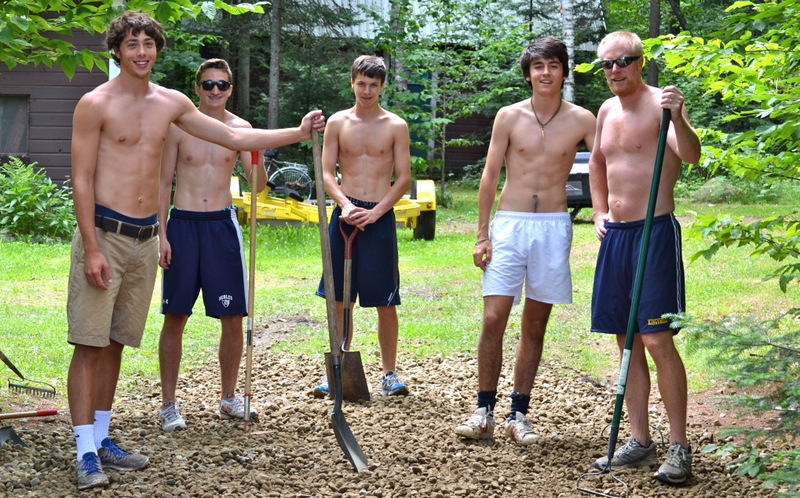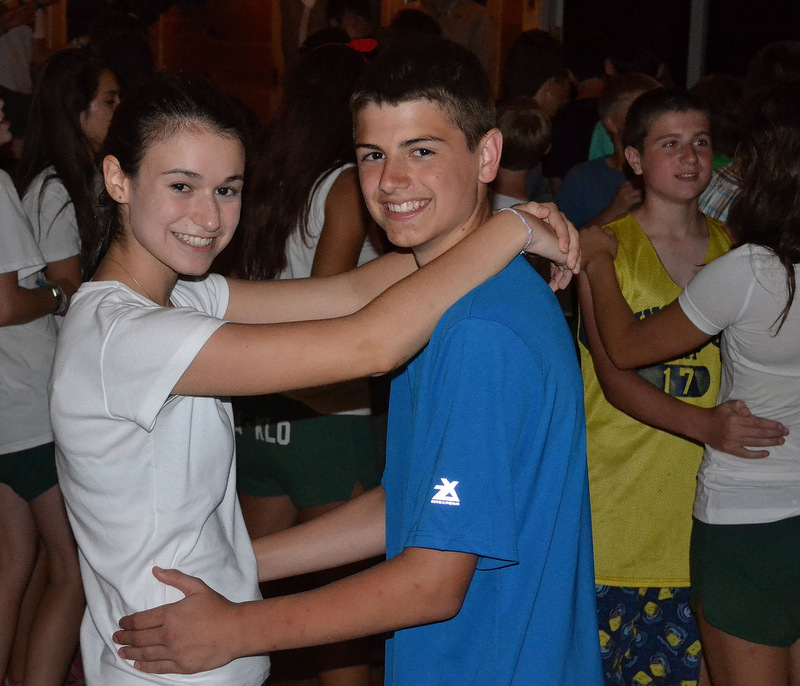Last Friday, we posted the first “Kingswood Informational,” a pre-weekend blog to give you something to chew on over the weekend. Here again is the essay entitled “Those Wonderful Hardships,” and following are several photographs to support the case.
Those of us who run summer camps wish parents of all stripes could be there for the “real stuff” of camp. One night around the campfire I spoke of a spirituality of sorts associated with hiking in the mountains. Next day, my fellow administrators assigned the performance an OK grade, admonishing me for omitting the truth about the hardships, the aches and pains, the inevitable mishaps and discomfort, which, overcome, make a hiking trip a bonding and true life-enhancing adventure.
That same evening, we had another campfire where this same director squared the ledger by contributing numerous examples of “those wonderful hardships” associated with experiences away from home — hiking trips as well as other hurdles cleared by many boys at camp. I told the assembled kids of a time when a group of our campers got mired in the muck for five days while hiking the Mahoosuc Range of northern New Hampshire. At trip’s end one boy’s feet were a wrinkled, muddy mess, which he laughingly described as “rot.” More importantly, the bonding that occurred and the friendships forged among the participants lasted so much longer than the discomfort. Not to mention the mental toughness and stick-to-itness that overcoming a challenge like this had fostered. I picked up this ragged group, drove them to a McDonalds, and observed with glee as the collective stench evacuated the entire restaurant! These boys were truly happy.
Continuing in this vein, I acknowledged to the campers that windsurfing and waterskiing are difficult to learn, and that tennis and baseball are not easy games. “If there was no such thing as a face plant into the water, a double fault or a strike out, those activities would be no challenge at all,” I told those assembled, urging at least an effort to try new things. “Who cares if you fail at camp?” “The fun is in the trying.” Lines like these are the staple of our camp.
What is important about these examples, and countless others we could have cited, is that the youngsters at camp are given the opportunity to endure real and not “virtual” difficulty. Kids at camp who struggle, also learn to cope. They often succeed but sometimes fail. And, they eventually feel that certain buzz of euphoria for what they have accomplished or nearly accomplished. Bottom line is that any rough and tumble camp experience, properly handled by children’s supervisors, should be cause for parental delight. We wish parents could be that proverbial “fly on the wall” and see the great lessons of camp first hand.















